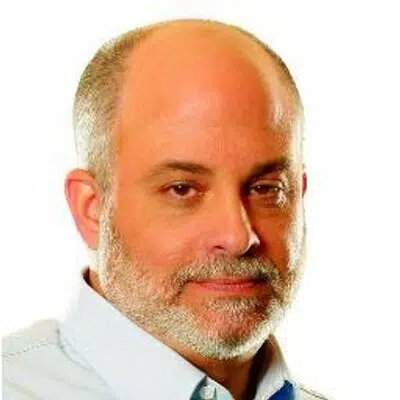(The Center Square) – The Chicago Public Library is poised to begin processing and digitizing as many as 270,000 unique pieces of Black history as part of a campaign to make them more accessible to the public-at-large after receiving a $2 million Ethnic Studies Future Initiative grant from the Mellon Foundation.
“Archival collections in general, they don’t circulate,” CPL Head of Archives and Special Collections Stacie Williams said in heralding the plan. “People usually do have to come see them in person. But digitizing is one of those things that make it so that everybody doesn’t have to come see it in person. Geography, that’s definitely a thing for most folks. That’s an access issue.”
Among unique, history-making exhibits set to be showcased as part of “The Renaissance: Activating Chicago Public Library’s Black Collections” over the next four years are letters from poet Langston Hughes; pamphlets detailing Negro History Week, and the personal diary of librarian Charlemae Hill Rollins.
Williams said CPL is also hoping to create new programming and exhibits, while also undertaking the task of developing more future collections. Funds from the grant will also open the door for the library to partner with the Inclusive American History Commission in creating an open-source curriculum for teachers in public schools to teach Black history in their classrooms.
“This grant will also allow us to do critical collection development,” Williams added. “Because while we do have a really vast representation of materials documenting Black South Side life, we need more materials about Black West Side life, Black North Side life, Black queer life, which is scattered all over the city.”
Events offered by virtue of the collections now being available will include workshops crafted to teach people how to care for antique papers and materials, talks on different eras of Chicago history and a recreation of the Parkway Ballroom conversations by prominent sociologist Horace Cayton Jr. that nearly a century ago served as a kind of town square for high-level debate for African Americans.
Library officials added they plan to use resources from the grant to invite researchers from cross the country to explore the collection. With the Vivian G. Harsh Research Collection at the Woodson Library being the largest African American history and literature collection in the Midwest, the bulk of the materials made more accessible by the grant will be from this collection, though collections will be also be developed and consolidated at the Northside Neighborhood History Collection at Sulzer Regional and Special Collections & Preservation at the Harold Washington Library Center.
“It’s very cool to look at this grant as almost like a seed-planting by the library, but one that hopefully bears fruit for so, so many people,” Williams said.










